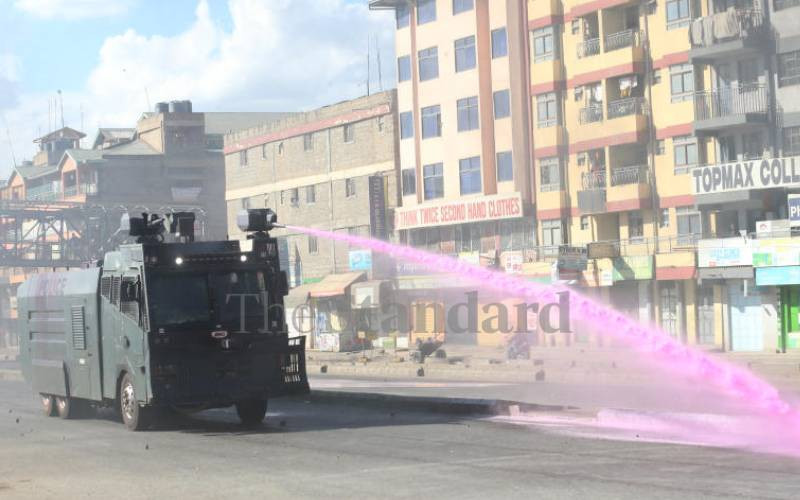×
The Standard e-Paper
Kenya’s Boldest Voice

The truce announced on Palm Sunday between President William Ruto and ODM leader Raila Odinga was met with more relief than celebration.
For several days, the country held its breath as once again the political class edged dangerously close to the brink. Some pundits lauded the two gentlemen for their statesmanship yet if that leadership quality were evident a few weeks ago, we would have avoided the bloodshed, destruction and polarisation of the past two weeks.